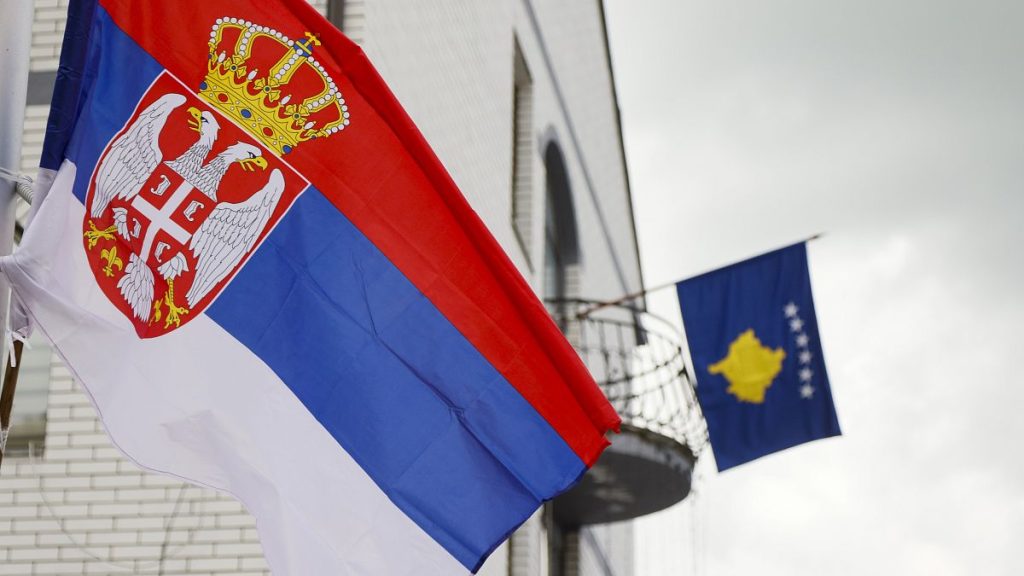In 1999, Kosovo was a Serbian province until a 78-day NATO bombing campaign ended a war between Serbian government forces and ethnic Albanian separatists, pushing Serbian forces out. The European Union envoy for the Western Balkans, Miroslav Lajčák, has urged Kosovo and Serbia to work towards normalizing relations, which would be crucial for their potential accession to the EU. Lajčák emphasized the need to implement agreements reached by Serbian President Aleksandar Vučić and Kosovo’s Prime Minister Albin Kurti in February and March of the previous year. The Ohrid Agreement, aimed at normalizing bilateral relations, has implications for both countries’ EU paths.
Despite the efforts to normalize relations, the relationship between Kosovo and Serbia remains tense. The 13-year-long normalization talks facilitated by the EU have stalled, especially after a shootout last September between masked Serb gunmen and Kosovo police resulted in four deaths. NATO-led peacekeepers have increased their presence along the Kosovo-Serbia border, exhibiting concerns over the potential revival of inter-ethnic conflict. Kosovo’s recent closure of five parallel institutions in the north, where most of the ethnic Serb minority resides, has raised tensions further, leading to demands for Kosovo police withdrawal from the north by Serb communities.
In response to the closures, Kosovo’s Serbs have announced plans to block roads to four out of five border crossings in protest. They are also demanding international peacekeepers to assume control and have urged Kosovo police to withdraw from the north. Lajčák urged the minority Serbs not to block the crossings, citing potential negative impacts on freedom of movement. Meanwhile, Kosovo’s Prime Minister Kurti has been at odds with Western powers over the closure of six branches of a Serbia-licensed bank in northern Kosovo earlier this year. Additionally, Kurti’s call for the full reopening of a bridge in Mitrovica, a divided city with a Serb-dominated north and Albanian south, has raised concerns over escalating tensions with minority Serbs.
The EU-facilitated talks between Kosovo and Serbia have been a critical component in addressing the longstanding tensions between the two countries. Lajčák, whose mandate has been extended until January, is working towards organizing the next high-level meeting between the two countries’ leaders. The implementation of agreements such as the Ohrid Agreement is seen as essential in paving the way for Kosovo and Serbia’s EU accession and overall normalization of relations. Despite the challenges and tensions that persist, there is hope for progress through continued dialogue and diplomatic efforts.
In the aftermath of the Kosovo War and subsequent NATO intervention in 1999, the relationship between Serbia and Kosovo remains complex and fraught with tensions. Serbia does not recognize Kosovo’s independence, declared in 2008, adding another layer of complexity to the situation. The recent efforts by the EU envoy and other international actors to push for the normalization of relations between the two countries are crucial in addressing the remaining issues and moving towards a more stable and peaceful future. As both countries navigate the path towards potential EU accession, resolving the outstanding disputes and implementing agreements are fundamental steps in achieving lasting peace and stability in the region.


